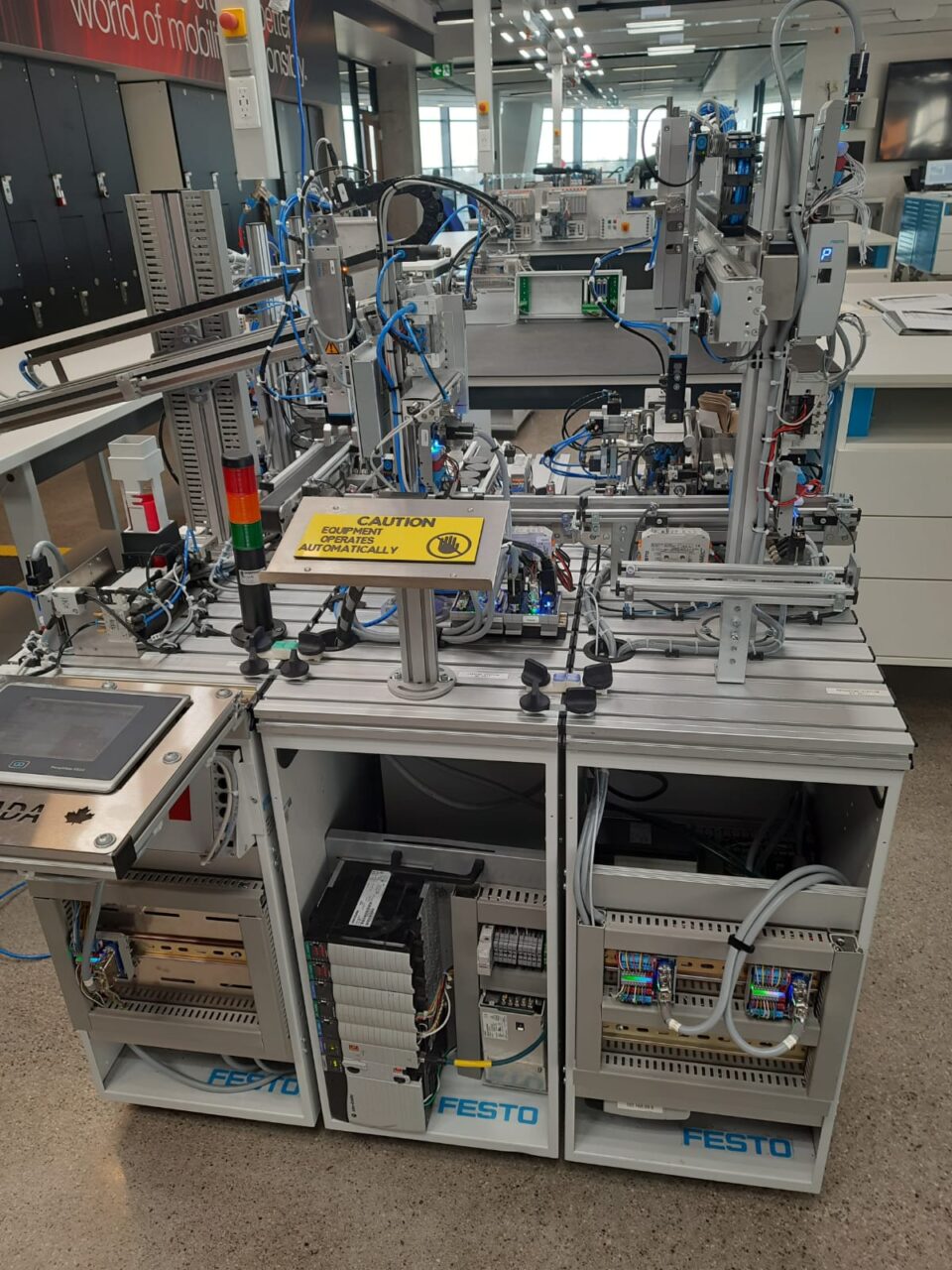By Herbert Kayongo | Senior Executive Assistant to the Vice Chancellor – Victoria University – Kampala
In an era where global economies are propelled by skills, talent, and technological innovation, Uganda stands at a pivotal moment in redefining its educational system. The future demands a workforce that can adapt to rapid technological advancements, and it’s evident that the traditional education model, which emphasizes rote learning over skills development, needs an urgent overhaul. Incorporating artificial intelligence (AI) and talent-based education into Uganda’s system could be the key to unlocking job-ready graduates and addressing youth unemployment. This vision transcends the classroom, promising an education that equips Ugandan youth with skills to thrive in a tech-driven world.
In February 2020, the Ministry of Education, under the guidance of the First Lady and Minister of Education Janet Museveni, took a bold step by introducing a competence-based curriculum in lower secondary schools. This curriculum emphasizes practical skills over mere theoretical knowledge, aiming to nurture problem-solving and critical thinking abilities. The approach aligns with a global trend toward skill-based education, responding to job market needs that prioritize adaptability and innovation over memorized content.
As Dr. Lawrence Muganga, a strong advocate for competence-based learning, pointed out during his participation at the National Curriculum Development Centre, “Education should be transformative, not transactional.” He emphasizes that curricula must reflect the needs of the job market and prepare students to tackle real-world challenges. AI, if integrated early, could personalize learning experiences for students, identifying and fostering unique talents from primary levels onward. This personalization would allow educators to identify and nurture students’ strengths, giving them a head start in areas where they show potential.
AI could bring a transformative dimension to Uganda’s education system by enabling tailored learning that adjusts to the abilities and interests of each child. It could provide students with tools to explore, create, and innovate, fostering a generation that is not only technologically literate but also empowered to use technology to drive societal change. Embracing AI in education has already shown significant results in countries that have adopted it. In the words of education researcher Andreas Schleicher, “AI can support the kind of teaching and learning that produces the skills needed for life and work.”
Imagine a learning environment where students develop critical skills alongside their natural talents, a space where AI enhances creativity and fosters entrepreneurship. In this model, students could pursue coding, design, music, agriculture, and digital arts—skills relevant to Uganda’s economic needs. Notably, technology giants like Google and IBM have already adopted AI-driven hiring processes that focus less on degrees and more on competencies, proving that skill-focused education can level the playing field for young people globally.
To realize this vision, talent identification and nurturing must begin as early as possible. In Uganda, primary-level students should be introduced to foundational skills in technology, art, and vocational activities, which can later be refined. This approach would be like models in countries like Finland, where early exposure to diverse fields encourages students to explore different pathways and develop their interests. Uganda could adapt a localized approach that integrates community-centred talents, like traditional crafts and agricultural skills, with modern tech-based learning, thereby creating a rich, versatile education.
This early approach aligns with Dr. Muganga’s vision for an education system that serves as a “gateway to both economic empowerment and personal development.” By merging academic learning with talent discovery and skill development from a young age, we can produce graduates who are ready to contribute meaningfully to the workforce and society at large.
For AI and talent-based learning to become the bedrock of Uganda’s education system, educational institutions must equip teachers with the skills and tools to implement these technologies. Programs that offer training in AI-driven teaching methods and talent development strategies would give educators the capacity to foster a nurturing, innovative learning environment.
Researcher John Hattie in Visible Learning suggests that “teachers can be the most powerful agents of change if they are given the right tools and support.” Training in AI-assisted personalized learning, for instance, would allow teachers to identify each student’s strengths and areas for improvement, adapting lessons to maximize individual potential. Schools would then be able to streamline resources to provide students with access to specialized programs based on talent and interest.
Uganda’s high youth unemployment rates highlight the need for a skilled and adaptable workforce. AI-integrated learning can help bridge this gap by equipping students with skills that are directly transferable to the workplace. For example, AI-driven career counseling could help students identify potential career paths aligned with both their academic achievements and personal interests. By using algorithms that analyze job market trends, AI can guide students toward in-demand careers, reducing skills mismatches and improving employment outcomes.
Moreover, AI can streamline hiring practices to combat issues like nepotism and bias. Through AI-based recruitment systems, employers could assess candidates based on competencies rather than solely on academic credentials. This approach would promote fairness in employment opportunities, helping to build a more equitable job market for Uganda’s youth.
In this journey towards a redefined education system, every stakeholder has a role to play. Policy makers, government bodies, educational institutions, the private sector, and parents must collaborate to provide an inclusive and forward-thinking education. Investing in AI, talent development, and skills-based learning from an early age can position Uganda as a hub of innovation and talent in Africa. If Uganda embraces these technologies and new educational paradigms, we can offer a brighter, job-ready future for every child.
Therefore, nurturing a culture that values skills, creativity, and technology, will empower the next generation to meet the challenges of a rapidly evolving world. And as Ugandan youth step into this future, they will carry with them not just the hope of personal success but also the promise of a prosperous, self-reliant Uganda.
For God and My Country!
Have An Advert Or Article You Want To Publish? Email: swiftnews0@gmail.com


